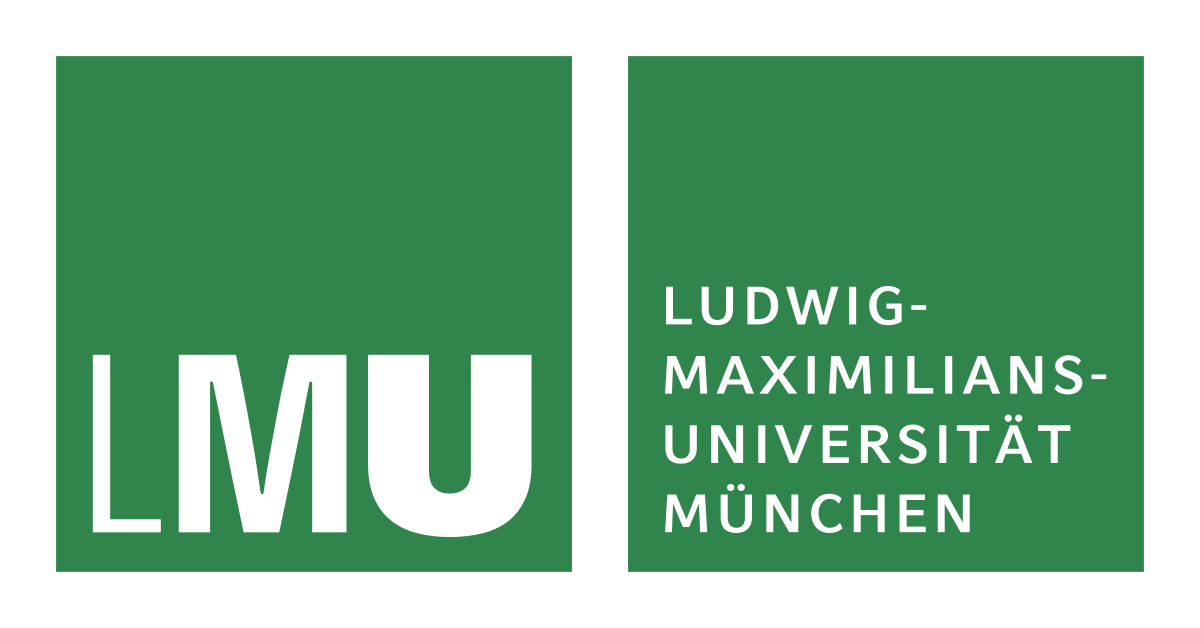LMU: Work is progressing on the establishment of Munich Quantum Valley
Powerful quantum computers, secure communication methods, new measurement techniques, and fundamental elements of quantum technology — these are just some of the goals of the broad-ranging research alliance operating under the name of Munich Quantum Valley (MQV). Scientific work has already begun under the initiative, and the network has now been formally founded as an association consisting of seven member universities and scientific organizations. The Bavarian State Government is supporting the network with 300 million euros in funding from the Hightech Agenda Bavaria. To complement this, the members of the initiative have already raised 80 million euros in funding from the federal government.
Professor Bernd Huber, President of LMU Munich, today signed the foundation charter in the presence of Bavarian Minister-President Dr. Markus Söder, Bernd Sibler, Bavarian State Minister of Science and the Arts, and Dr. Sabine Jarothe, Bavarian State Ministry for Economic Affairs. The founding partners alongside LMU Munich are the University of Erlangen-Nuremberg and the Technical University of Munich (TUM), as well as the Bavarian Academy of Sciences and Humanities, the German Aerospace Center (DLR), Fraunhofer-Gesellschaft, and the Max Planck Society.
“We very much welcome the fact that the initiative is now on a firm footing,” says Bernd Huber, President of LMU Munich. “In the field of quantum sciences, Munich is a center with a global reputation, as also demonstrated by the Cluster of Excellence Munich Center for Quantum Science and Technology (MCQST). Munich Quantum Valley will help take this success story forward.”
A quantum computer Made in Bavaria
Over the next five years, the Munich Quantum Valley initiative aims to establish a center for quantum computing and quantum technology (ZQQ), primarily to work with the most promising quantum computing technologies. The ZQQ also intends to realize in the coming years Bavaria’s first quantum computer able to solve problems beyond the capabilities of conventional supercomputers. Furthermore, a quantum technology park will be created to facilitate innovation transfer. There will also be training opportunities for industry specialists.
Munich Quantum Valley officially commenced work last October. Scientific work, too, has already begun; consortia of quantum technology experts from industry and academia have been formed. LMU scientists, for example, are leading a consortium for quantum computing with neutral atoms and have been joined by leading companies in the field as well as researchers from the Fraunhofer Institute for Integrated Circuits IIS and Heidelberg University.
“Munich Quantum Valley is an excellent platform. It offers us unique opportunities to combine basic research with technology development to advance the exploration and design of cutting-edge components for quantum science and quantum computing,” says Professor Immanuel Bloch, Chair of Experimental Physics at LMU, Director at the Max Planck Institute of Quantum Optics, and spokesperson of the Cluster of Excellence Munich Center for Quantum Science and Technology.

